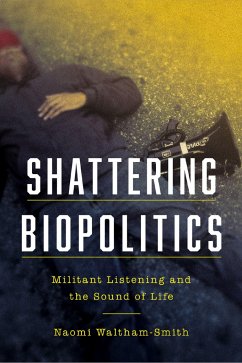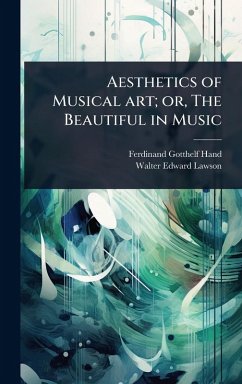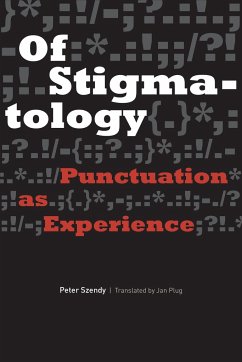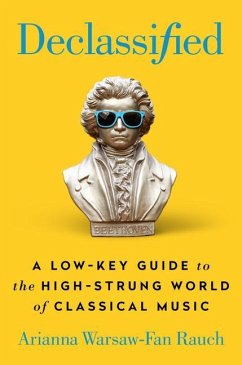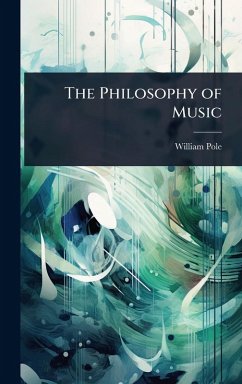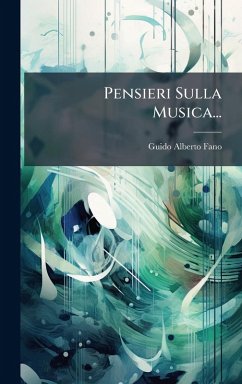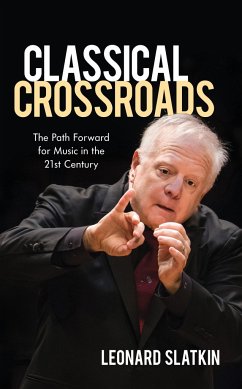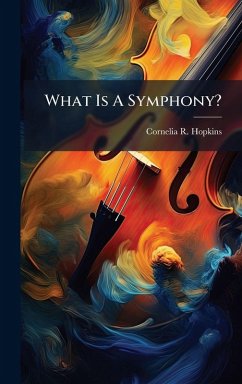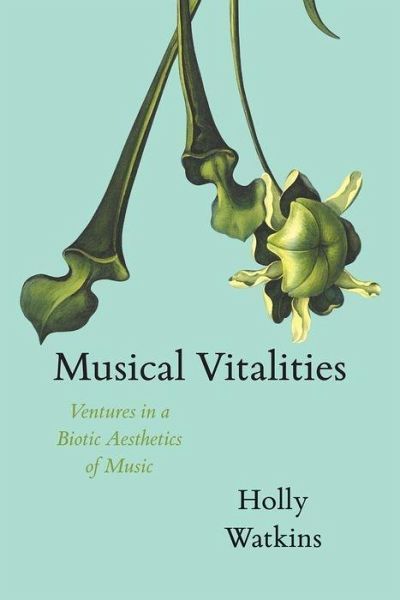
Musical Vitalities
Ventures in a Biotic Aesthetics of Music

PAYBACK Punkte
21 °P sammeln!
Does it make sense to refer to bird song - a complex vocalization, full of repetitive and transformative patterns that are carefully calculated to woo a mate - as art? What about a pack of wolves howling in unison or the cacophony made by an entire rain forest? Redefining music as "the art of possibly animate things," Musical Vitalities charts a new path for music studies that blends musicological methods with perspectives drawn from the life sciences. In opposition to humanist approaches that insist on a separation between culture and nature--approaches that appear increasingly untenable in a...
Does it make sense to refer to bird song - a complex vocalization, full of repetitive and transformative patterns that are carefully calculated to woo a mate - as art? What about a pack of wolves howling in unison or the cacophony made by an entire rain forest? Redefining music as "the art of possibly animate things," Musical Vitalities charts a new path for music studies that blends musicological methods with perspectives drawn from the life sciences. In opposition to humanist approaches that insist on a separation between culture and nature--approaches that appear increasingly untenable in an era defined by human-generated climate change--Musical Vitalities treats music as one example of the cultural practices and biotic arts of the animal kingdom rather than as a phenomenon categorically distinct from nonhuman forms of sonic expression. The book challenges the human exceptionalism that has allowed musicologists to overlook music's structural resemblances to the songs of nonhuman species, the intricacies of music's physiological impact on listeners, and the many analogues between music's formal processes and those of the dynamic natural world. Through close readings of Austro-German music and aesthetic writings that suggest wide-ranging analogies between music and nature, Musical Vitalities seeks to both rekindle the critical potential of nineteenth-century music and rejoin the humans at the center of the humanities with the nonhumans whose evolutionary endowments and planetary fates they share.





